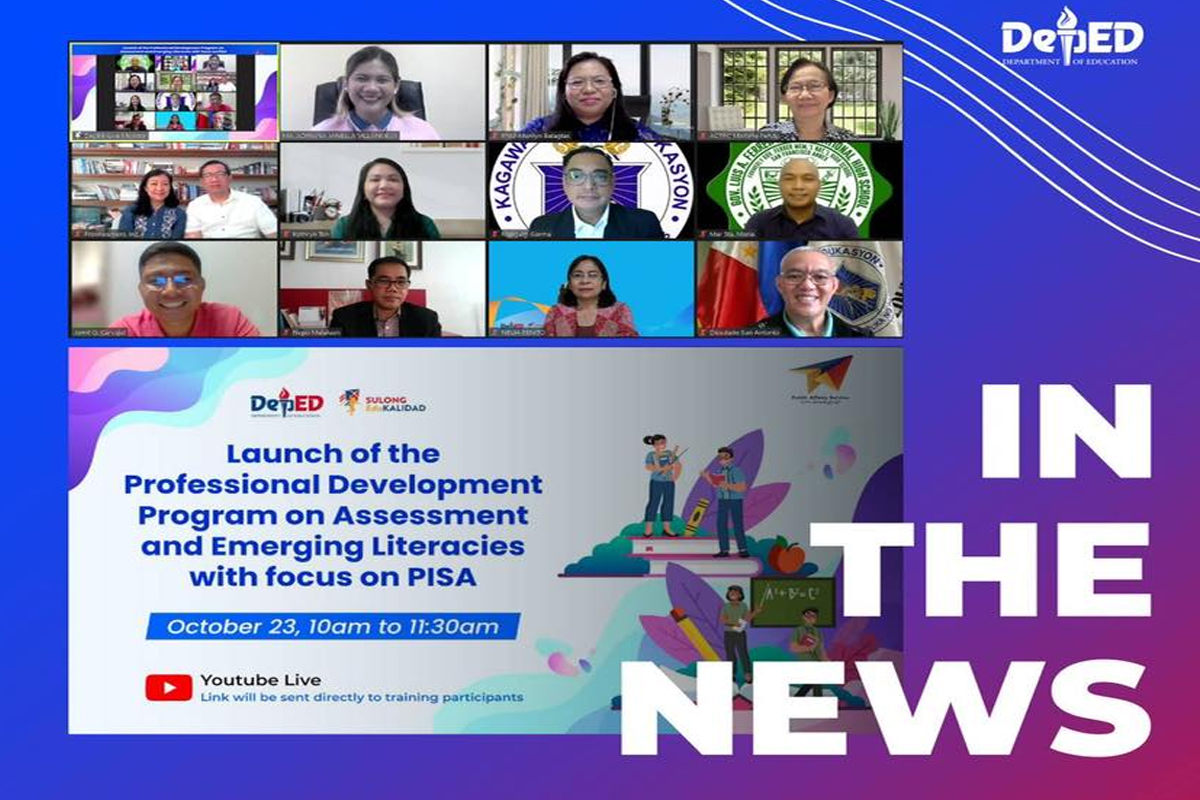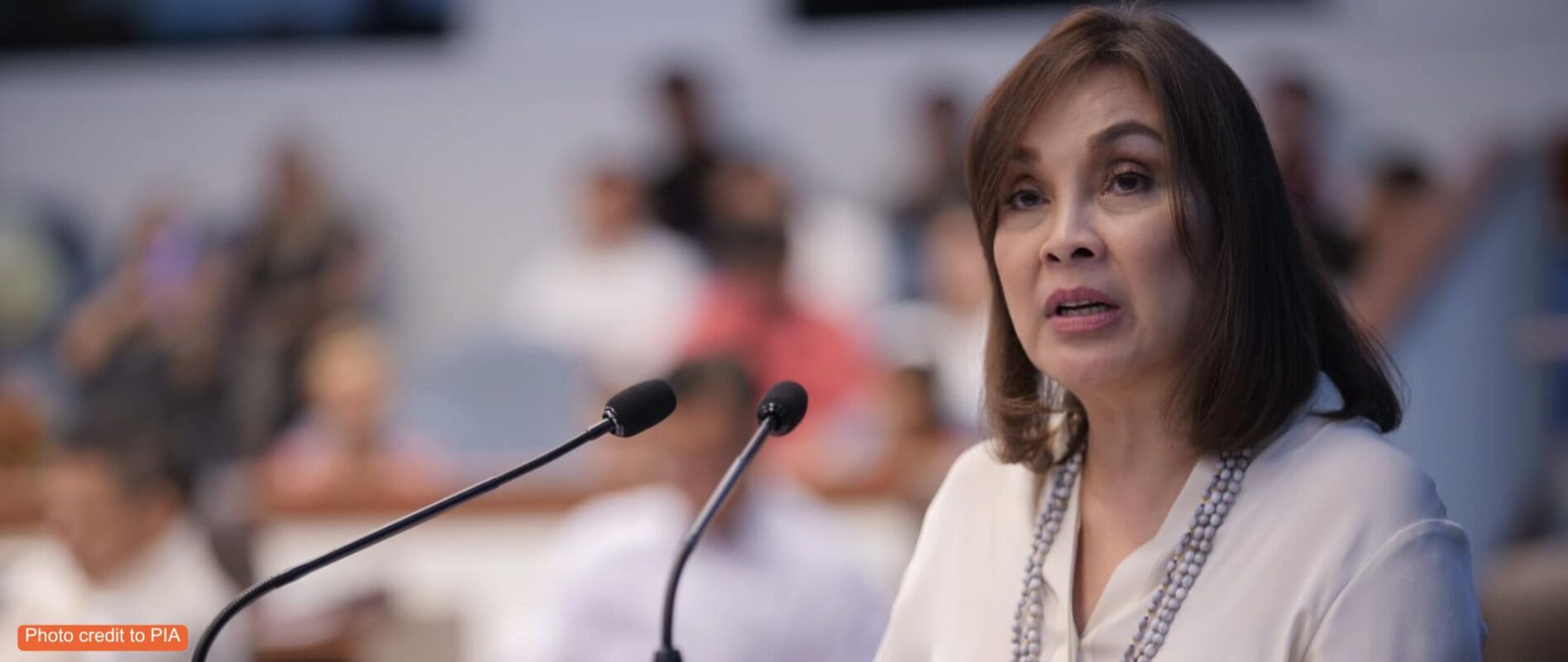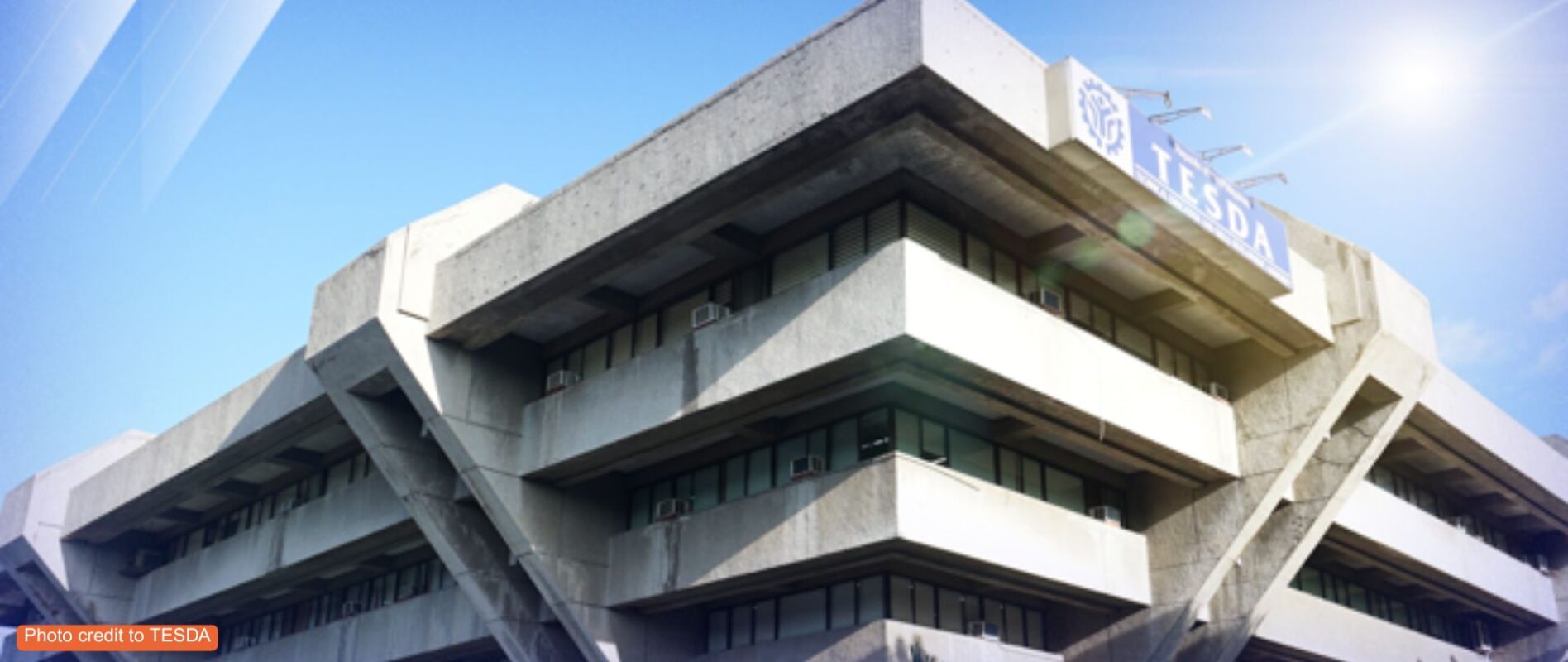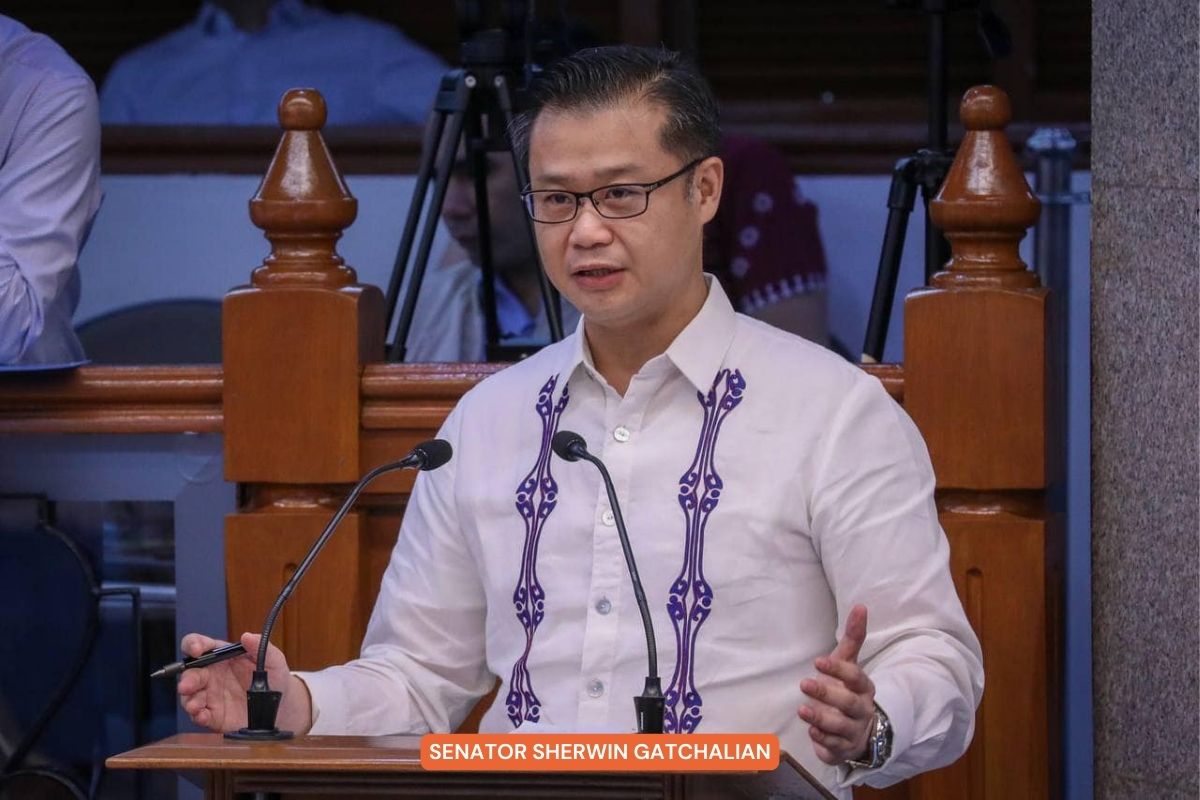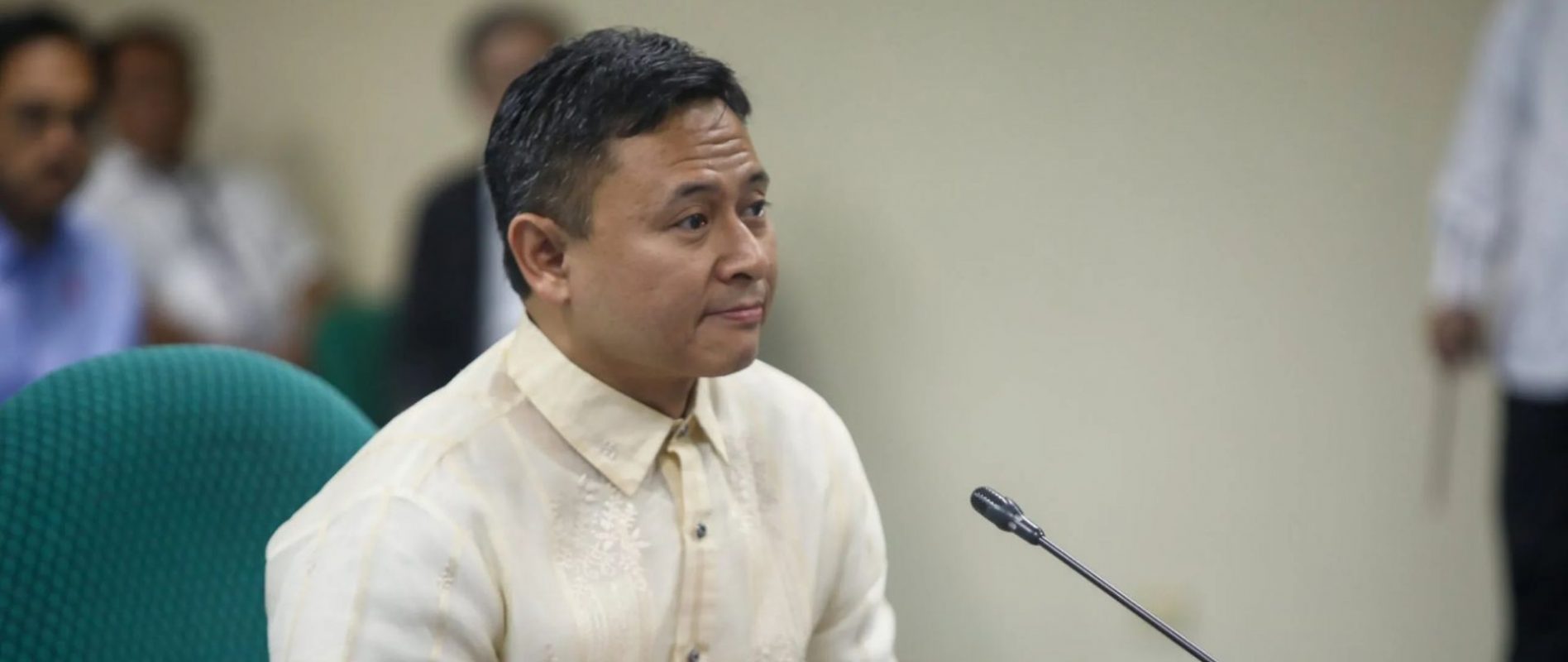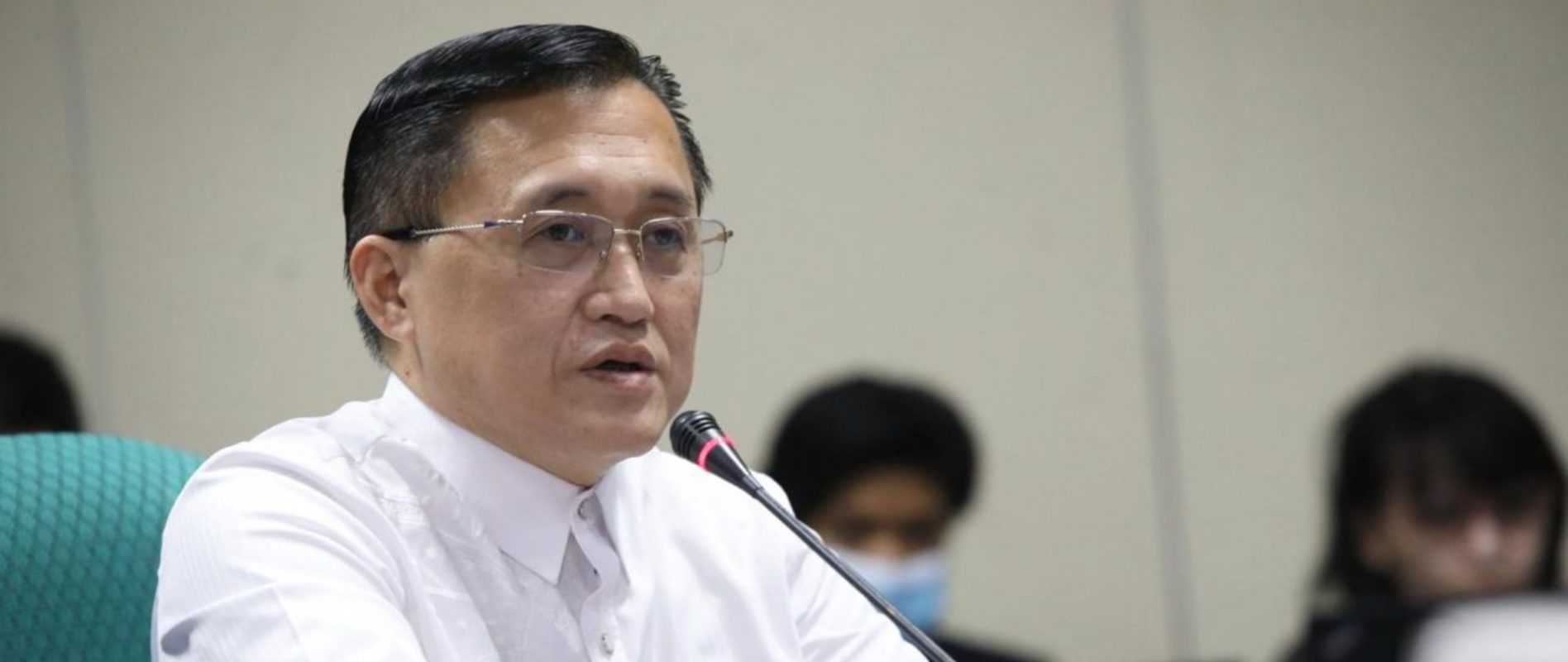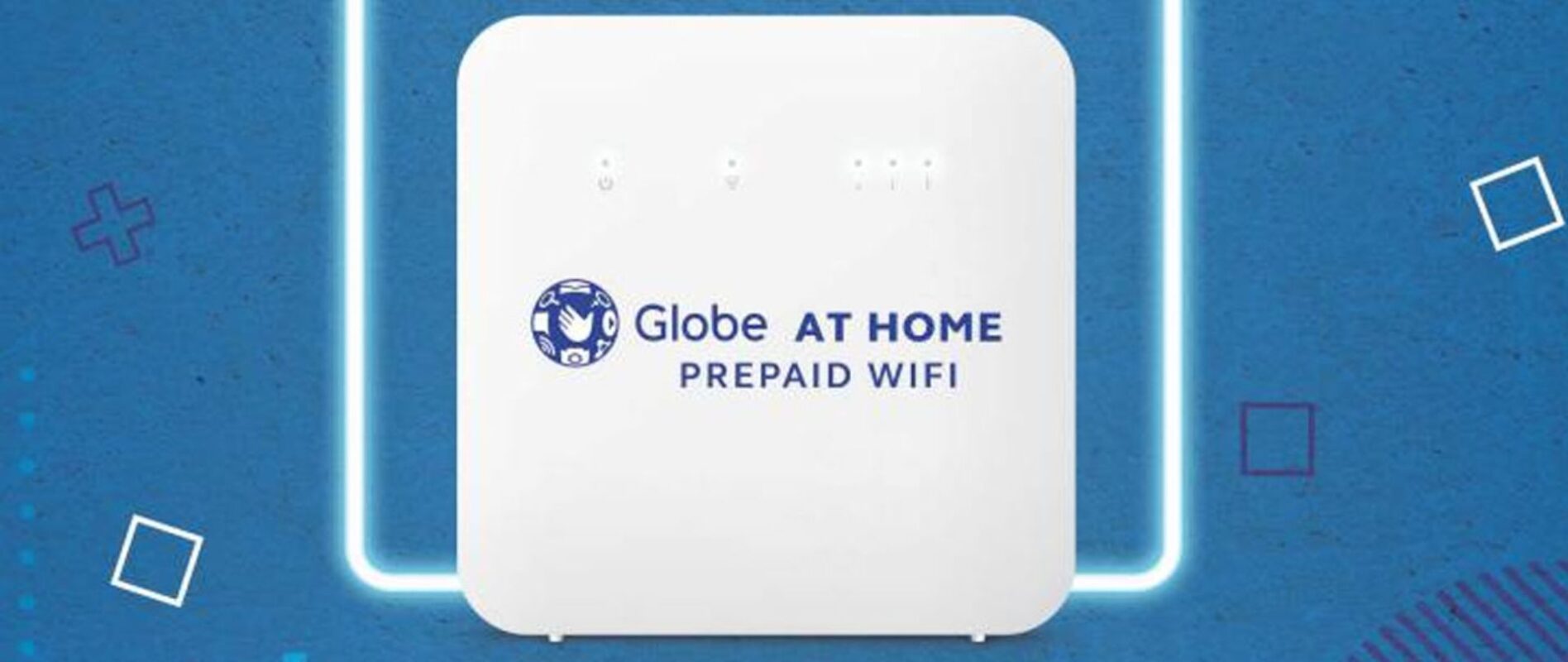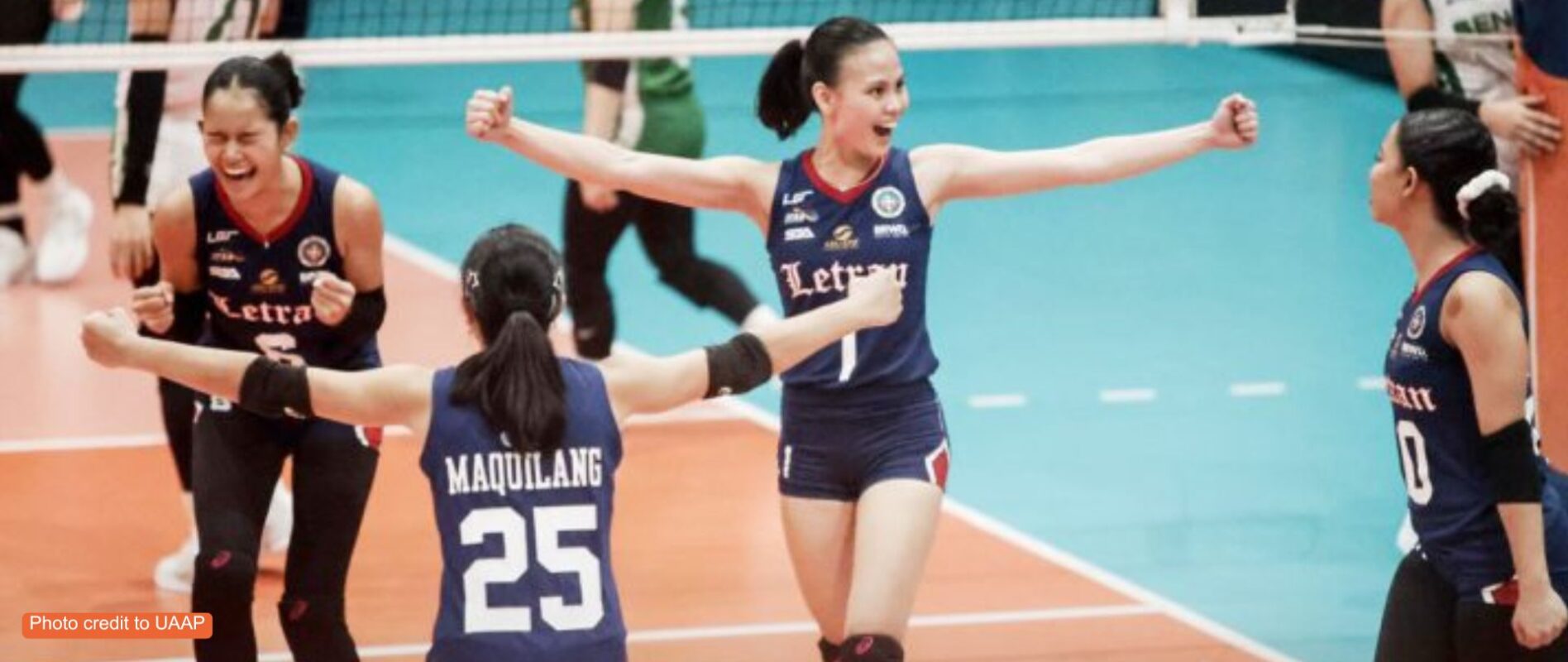DEPED LAUNCHES PROFESSIONAL DEVELOPMENT PROGRAM
THE DEPARTMENT of Education launched the Professional Development Program on Assessment and Emerging Literacies in line with its commitment to improve the quality of basic education in the country.
The program is part of the department’s preparations for the country’s participation in the Programme for International Student Assessment next year. In the PISA results in 2018, Filipino students scored the lowest among 79 countries in reading comprehension and the second lowest in Math and Science.
PISA is a study of the Organization for Economic Cooperation and Development that examines students’ knowledge in reading, mathematics and science.
The DEPED program seeks to improve teachers’ assessment strategies, methods and content knowledge in Math, Science, and Reading, and help them align their classroom practices with emerging literacies measured by international assessments.
“As we work towards improving quality through Sulong EduKalidad, we recognize the urgent need to upskill and reskill our teachers so that they will be equipped to meet the changing standards, landscape, and context of basic education,” Education Secretary Leonor Briones said.
“Our own national, regional, and even local assessments strategies have to be aligned with such methodologies and literacies in international assessments,” the DepEd chief added.
The program will cater to Grade 8 and 9 English, Science, and Math teachers in public junior high schools nationwide, and will run from October 2021 to April 2022.
The Office of the Secretary worked in collaboration with the Bureau of Education Assessment, the Bureau of Learning Delivery, assessment experts, and the National Educators’ Academy of the Philippines-accredited Learning Service Providers, specifically, the Assessment, Curriculum, and Technology Research Centre, the Center for Educational Measurement Inc., and FrontLearners Inc. in the development of the PD.
The program consists of five courses —Enhancement of Teachers’ Assessment Competencies; Assessment of learning in DepEd; The Philippine K-12 Curriculum and the international large-scale assessments (ILSA); Adapting assessment principles and practices to the emerging literacies; and Monitored application of assessment practice in the classroom setting.
Dr. Marlene Ferido of the ACTRC explained that the program “gives teachers a chance to move to a higher level of assessment practice as they unpack the curriculum.”
“We at ACTRC believe that assessment is for teaching. Why? It’s because if assessment information and data based on evidence are used appropriately, then our students will learn, and demonstrate their true proficiency. Teachers will be able to monitor learning correctly and students will be able to engage with relevant learning opportunities,” she added.

